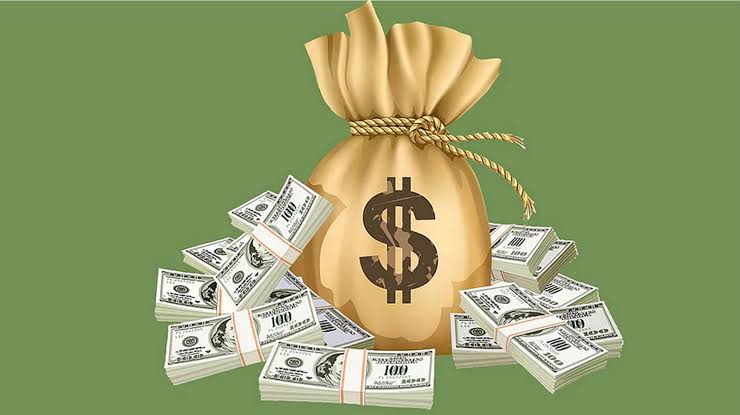According to the National Bureau of Statistics not less 59.1 percent of the capital importation into the country in 2023 was foreign loan. this is amounted to $2.31bn. Foreign capital inflow rose from $654.65m in Q3 to $1.09bn in the final quarter of the year.
The analysis indicated that the value of foreign loans received by the country in Q3 2023 was 18 per cent lower compared to the $619.16m recorded in the same quarter of the previous year. Moreover, there was a 34.19 per cent decline relative to the $771.53m secured in Q2 2023. This decrease was attributed to the current government’s preference for domestic borrowing.
Although Nigeria recorded a total foreign investment of $3.91bn in 2023, a breakdown showed that the country got $433.87m in Q1; $771.53m in Q2; $507.71m in Q3 and $594.75m in Q4 as foreign loans and the same amount borrowed in 2022.
The report further stated that the country got $627.4m from other equity; $474.1m from bonds; $428.9m from money market instruments; $65.9m from other claims, $1.91m through currency deposits and $51,000 from other capitals.
Comparatively, the Q4 2023 figure slightly surpassed the $1.06bn raked in the same period in 2022, presenting a modest year-on-year improvement of 2.62 per cent.
In a detailed breakdown of Nigeria’s capital importation for Q4 2023, “Other Investment” emerged as the dominant category, capturing the lion’s share of 54.64 per cent or $594.74 million of the total capital inflows.


